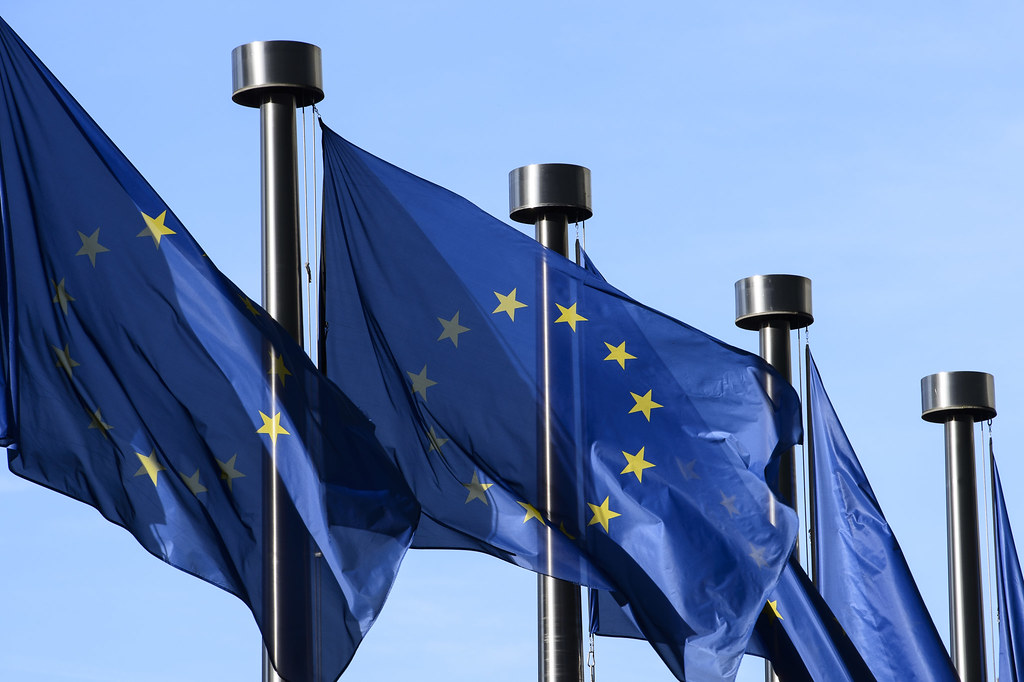Recap and Video: Forum Seminar – A European Hamilton Moment
7/October/2020
PLACE
Zoom

During the crisis, many voices advocated for a common and debt-financed EU-budget with which the union could fight against the detrimental results of the pandemic. The discussion centred around Eurobonds and took as far as an EU-wide wealth tax. Even though the EU-institutions did not take it that far, substantial spending power was created through several mechanisms on the EU-level as for example SURE and the RFF.
Was that the European hamilton moment which even the german finance minister Olaf Scholz talked about? In order to answer that question and help to define what could be future decisive moments and projects, we asked a number of experts to discuss the topic with us in an exclusive expert-discussion. Moritz Schularick from the University of Bonn and Anne-Laure Delatte from CNRS gave an introduction into the history of the American hamilton moment, what defined it and how it came about. The chief economists of the finance ministries from Germany and France, Agèns Benassy-Quéré and Jakob von Weizsäcker laid out how they perceived the actions on the EU-level throughout the crisis and what, in their opinion, was still missing for a true hamilton moment in Europe.
Closing out, Tom Krebs from the University of Mannheim and Jérôme Creel from OFCE detailed how future common EU-projects would have to look like in order to gain acceptance and traction on EU-spending for goods that would benefit a multitude of EU-countries, especially in the south. Be it a pan-European high-speed railway system or a joint hydrogen project of the EU, possible projects are laid out and could lead to a push of the European idea. They only need the money and willingness of countries in order to be realized.

